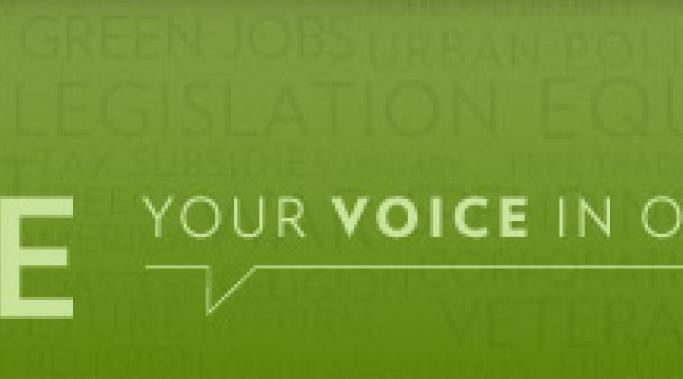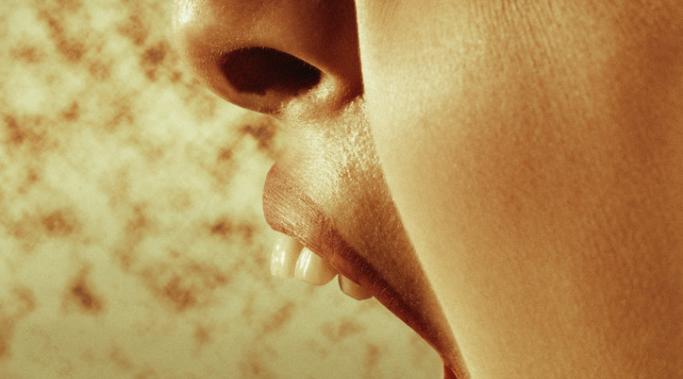As I’ve mentioned, recently I’ve started volunteering for a local bipolar organization and what I do is give presentations to others. One part of the presentation is my “bipolar story.” It’s the story of my life before diagnosis, the process of treatment and whatnot. It’s long and, well, not that happy.
But one of the things that stands out is that treatments have turned me around, but then they stopped working and new treatments had to be found. And these new treatments were extremely hard to find. In fact, successful treatments have been found through guessing as often as through any type of clinical judgement.
And there’s a reason for this: bipolar disorder and bipolar disorder treatment are moving targets and our responses have to move with them.
Breaking Bipolar
Since I’ve started writing for HealthyPlace I’ve learned a lot about what you’re not supposed to say about mental illness. Some classics are the word “crazy” and not referring to oneself as “bipolar” directly.
In other words, I’m not allowed to say I’m a crazy bipolar.
There are many other things I’m not allowed to say too. “Mental health” can only be used in some cases whereas “mental illness” must be used in others. And then there’s “behavioural health” and the myriad of rules around talking about suicide. One could get permanent writer’s block worrying about ticking off some group of people who care about some specific word.
So I have a rule. I do what I want. And I tick off some people. It’s not on purpose; it’s just that if I didn’t, how in the heck would I write?
Ah, the human brain. It’s a wondrous thing. It calculates, it categorizes, it makes connections and it remembers the square root of 144. I’m constantly awed by its power.
But one of the annoying things that can happen to a brain is that somehow, a song gets stuck in it. Somehow, even though its great power and ability, the catchy hook of the latest pop song gets stuck inside some errant neurons and plays over and over.
And this causes a lot more trouble in my bipolar brain than it does for others.
I wish someone had asked me before naming a class of drugs “antipsychotics.” I mean, I understand that to psychiatrists it might not be a big deal, but to the medication-taking public out here, let me just say that the stigma around medication is about 10-fold when you say you’re on something called an “antipsychotic.”
Tell someone that you’re on “antipsychotics” sometime and watch them back away slowly. I’m not kidding. It’s like they think an axe is about to magically materialize and you’re about to use it to chop off their head.*
It should surprise no one that I consider mental healthcare an essential service for people. Now, I live in Canada and this means that I can get the care I need without paying for it, but people in the United States are not so lucky. I have to constantly hear about people who can’t get the care they need because of the limits placed on them by insurance companies.
And this is wrong.
Mental healthcare is as essential as any other kind of healthcare. If you have a broken leg, you expect treatment, and if you have a broken brain, you should expect the same thing.
One of the problems with psychotherapy (and, keep in mind, I like psychotherapy) is that psychotherapists try to look for a cause for every emotion. And this seems reasonable. Or at least it does, to a person without a mental illness.
I’m a mental health writer and I have a mental illness, so, of course, I write about my mental illness. I write about my symptoms and the affect they have on my life. I write about their treatments and their success or lack thereof. I write about what it’s like to have bipolar disorder.
And boy do people feel fine about judging me for it.
Commonly people will say that I don’t have bipolar disorder (being, I’m sure, expert diagnosticians) or say that I’m an idiot (and whatnot) for trying the treatments I have. It’s gotten so bad, in fact, that some things I don’t like to talk about at all. People like to attack me for electroconvulsive therapy and vagus nerve stimulator use specifically. And I don’t like to talk about self-harm, because inevitably people yell about that.
But I learned something earlier this week – not everyone judges people with a mental illness.
For many years, the psychiatric community has known that therapy plus medication is more effective than either mental illness treatment alone. It all depends on the specific therapy, medication and person, but that’s, generally, the rule.
But the question is, if you’re being a good patient and you’re working your therapy and taking your psychiatric medications as you should, how do you know which one is causing positive results?
One of the things that is so debilitating about a chronic, long-term mental illness is that it is so relentless. Day in and day out you face the challenges it brings. On your birthday, it’s there. On Christmas, it’s there. On Arbor Day, it’s there. And no matter how you’re feeling and what’s happening in your life, you have to deal with it. Mental illness isn’t the kind of thing that you can push “pause” on. Mental illness doesn’t wait for later. Mental illness is like a 2-year-old. It wants you now, now, now, now and if it can’t have you, then heck hath no fury like a two-year-old ignored.
But I swear, I could be a better crazy person if I could just get a break once in a while. If I could just get all the nuttiness in my head to shut up for a while I swear I could get on with things like work, and taxes and cleaning and the gym. But the nuttiness in my head will not be quelled and this, I think, is one of the hardest things about mental illness.
We all have good things happen in our lives. It might be marriage, a child, a new job or a stunning new hair color. All these things are good, but all these things are also changes. Good changes, but changes nonetheless. And as someone once said, “change is bad.”
![MP900382658[1]](/sites/default/files/styles/blog_listing/public/uploads/2012/11/MP9003826581-731x1024.jpg?itok=Up3q4iwe)
![MP900404982[1]](/sites/default/files/styles/blog_listing/public/uploads/2012/11/MP9004049821.jpg?itok=yUCTqWP9)



![MP900385750[1]](/sites/default/files/styles/blog_listing/public/uploads/2012/11/MP9003857501-731x1024.jpg?itok=CsQXXT54)
![MP900289528[1]](/sites/default/files/styles/blog_listing/public/uploads/2012/11/MP9002895281.jpg?itok=g9HZCR-S)
![MP900302920[1]](/sites/default/files/styles/blog_listing/public/uploads/2012/11/MP9003029201.jpg?itok=8NGjkh1h)

